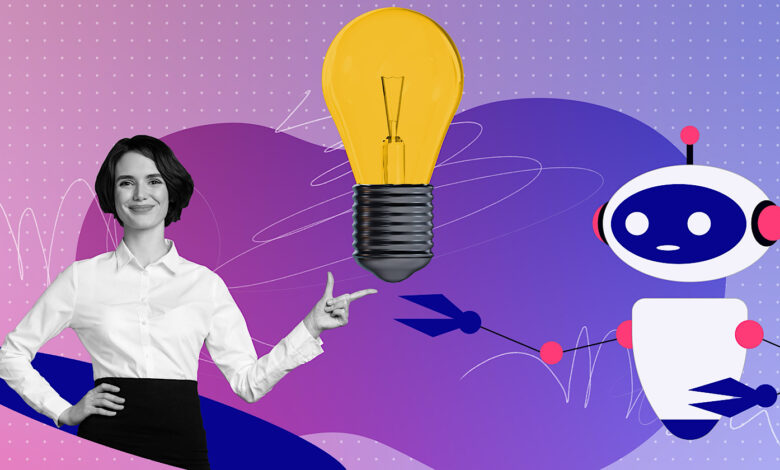Top Marketing Jobs Impacted by AI

▼ Summary
– Microsoft research shows marketing and sales professionals are among the most impacted by generative AI, based on analysis of 200,000 workplace conversations with Bing Copilot.
– Sales roles scored highest (0.46) in AI applicability, followed by customer service, writers, and other marketing positions, indicating strong AI alignment with knowledge work and communication tasks.
– AI excels at tasks like information gathering, writing/editing, communication, and learning support, but often performs different tasks than requested in 40% of cases, acting more as a helper than replacement.
– Human strengths remain in visual design, strategic analysis, and in-person roles, which show lower AI satisfaction and completion rates.
– The study found weak correlation between AI impact and wages (0.07), suggesting AI reshapes tasks across income levels, with knowledge work seeing slightly higher AI involvement but not necessarily job replacement.
The marketing industry is undergoing a significant transformation as artificial intelligence reshapes how professionals approach their daily tasks. Recent analysis of workplace interactions reveals that sales and marketing roles rank among the most impacted by generative AI tools.
A comprehensive study examining over 200,000 real-world conversations with AI assistants found that sales representatives, customer service professionals, and content creators frequently rely on these tools to complete job-related activities. The research measured AI’s effectiveness through an “applicability score,” with sales roles scoring particularly high at 0.46, followed closely by writers (0.45) and customer service teams (0.44). Other marketing positions like technical writers, PR specialists, and market researchers also showed substantial AI integration, though with slightly lower scores.
Where AI excels in marketing The technology proves most valuable for tasks involving information gathering, content creation, and communication. Professionals report high satisfaction when using AI for drafting materials, summarizing research, or explaining complex concepts. However, the study noted an interesting pattern, in nearly 40% of interactions, the tool provided guidance rather than direct solutions, acting more as a coach than a replacement.
Human skills still dominate certain areas While AI handles repetitive or data-heavy tasks efficiently, creative strategy, visual design, and face-to-face interactions remain firmly in human territory. Roles requiring emotional intelligence, physical presence, or innovative problem-solving consistently showed lower AI applicability scores. This suggests that marketers who hone these uniquely human abilities will maintain a competitive edge.
Education and job security insights Contrary to assumptions about automation targeting lower-wage positions, the data revealed AI’s influence spans all income levels. Jobs requiring bachelor’s degrees showed slightly higher AI applicability (0.27) compared to those without (0.19), indicating that knowledge workers may see more tool integration than displacement. Experts emphasize that adaptation, not replacement, defines the current landscape, with professionals increasingly viewing AI as a productivity partner rather than a threat.
Preparing for an AI-augmented future Industry observers suggest marketers focus on three key strategies:
- Developing strengths in creative and strategic thinking where AI struggles
- Mastering AI collaboration to enhance content production and data analysis
- Positioning themselves as hybrid experts who blend technical and human-centric skills
The findings underscore a broader shift in workplace dynamics, while AI transforms certain tasks, it creates new opportunities for professionals who learn to leverage these tools effectively. Rather than eliminating roles, the technology is reshaping expectations, requiring marketers to evolve alongside emerging capabilities.
For those in the field, the message is clear: success lies in balancing AI’s efficiency with irreplaceable human skills, from creative vision to emotional connection. As adoption grows, professionals who embrace this hybrid approach will likely thrive in the changing marketing ecosystem.
Featured Image: Roman Samborskyi/Shutterstock
(Source: Search Engine Journal)